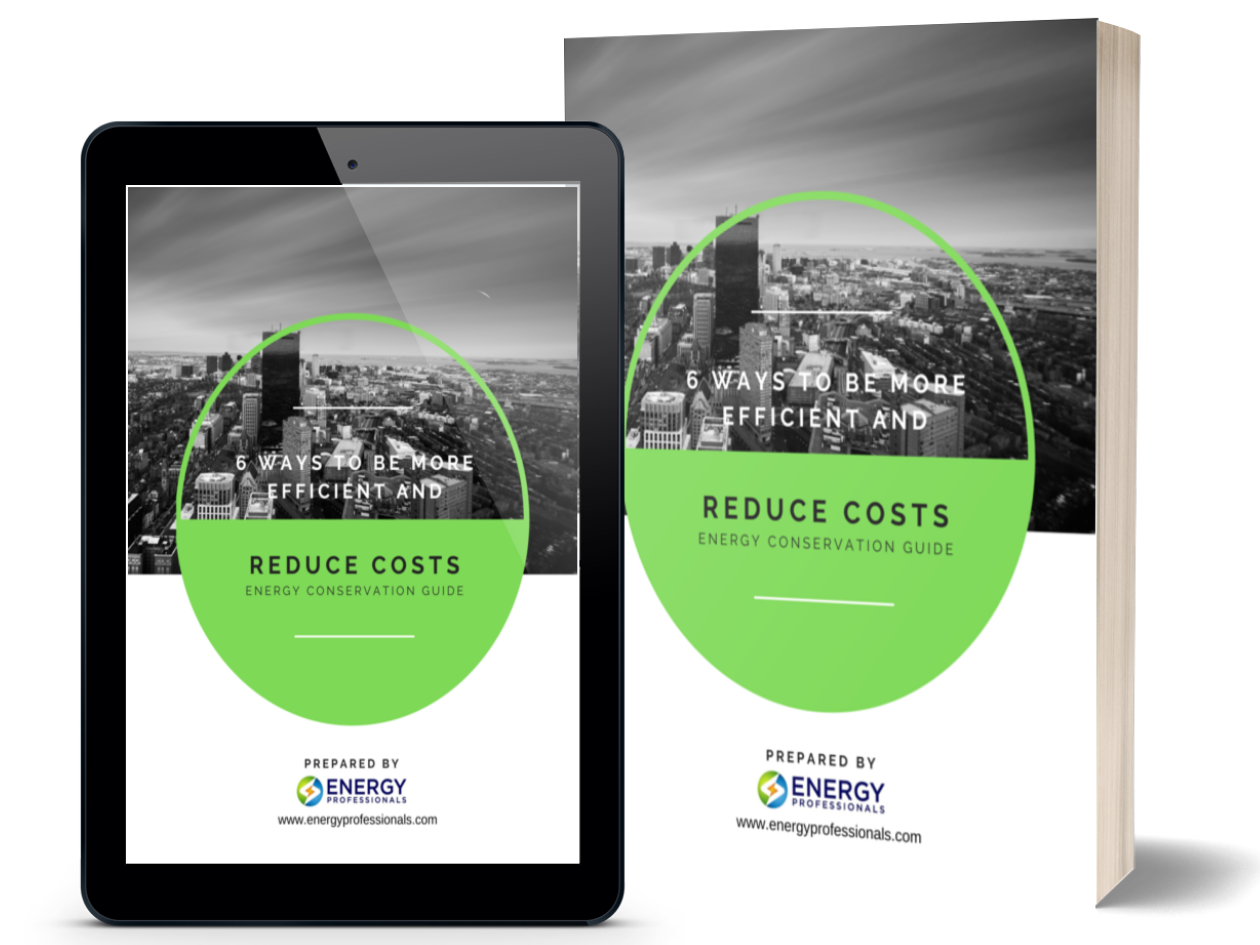How To Leverage The Energy Market To Stay Warm This Winter
The Race Between The Current Energy Market and Winter Rates Using Market Pricing to Your Advantage How turning on your

The Race Between The Current Energy Market and Winter Rates Using Market Pricing to Your Advantage How turning on your
Every winter all but 12 U.S. states experience below freezing or just above freezing temperatures.
Left, you can see a chart that shows the average temperature of each state during winter periods.
It goes without saying that during these periods, most businesses see their monthly energy bills almost double. While that’s not hard to add up, what most energy consumers don’t realize is that turning the heat on does more than just increase the amount of energy you use. And, that understanding the various factors involved can actually help you reduce your energy bill over the winter period, allowing you to stay warm without rocketing your bills.
A review of general electrical rates over winter periods shows that since 2005, most winters we see an increase in electrical prices per KWh; see the below chart:
Some states, such as Massachusetts and New Hampshire, see increased electrical rates of up to 30% during winter months. Meaning, the average business in these areas will be paying between $250-$500 additional every month, generally until April.
Every utility has their own rates that are usually posted ahead of time, enabling consumers to stay informed and predict their spend. As you can see, increasing prices of electricity by kWh is another major contributing factor to increased energy bills during winter; not only are you using more energy, but the energy itself costs more, creating an even bigger impact on your bills.
Next to the amount of energy you use, capacity charges are the second biggest line items on your electrical bills. Your capacity charges, or capacity costs, are calculated by your utility company. They are additional costs based on times of “peak demand”, meaning times during the day that you use the most amount of electricity.
Capacity charges allow your utility to ensure enough energy is available to cover the total power needed by clients at any given time. Like electrical rates, every utility price their capacity charges differently.
When you use a lot of electricity you increase your peak demand and in turn your capacity charges increase accordingly. And, when everyone in your state, or within your utility’s zone, increases their peak demand for energy at the same time, many states start to see a strain in the infrastructure that supplies your energy and energy storage starts; again, these are all factors that impact your energy bill.
While you can’t avoid needing energy for your heating this winter, you can use the current market price reflected in the chart below to your advantage.
Natural gas is not only used to fuel heating, but it’s also the largest source of electricity in the U.S.
Natural gas recently hit a four- year low at $2.03, a low that’s only happened three times in the last 20 years. All three times, rates were higher 1, 2 and 3 years later. Therefore, based on these facts, taking advantage of the current natural gas prices will not only protect you against this year’s increased winter rates, but can be extended for up to 60 months to ensure you get the most out of the current market position.


Don't have one? You can get one by calling us at 855-4-PKIOSK.
Energy Professionals is committed to finding its customers the best possible rates on electricity and natural gas. Tell us your location and service type and our energy manager will connect you to the most competitive offers.
Switching to an alternate supplier is easy. There is no chance of service disruption, and you'll continue with your current utility for energy delivery and emergency service. Take a few minutes to discover your best offers, and enjoy the benefits of retail energy in your home or business.
1. Energy Type
2. Service Type
3. Zip Code
4.Local Company
5.Zone
We believe that knowledge is power. Here’s a free e-book that provides business solutions to reducing energy costs.
Download E-Book Free Energy Audit




